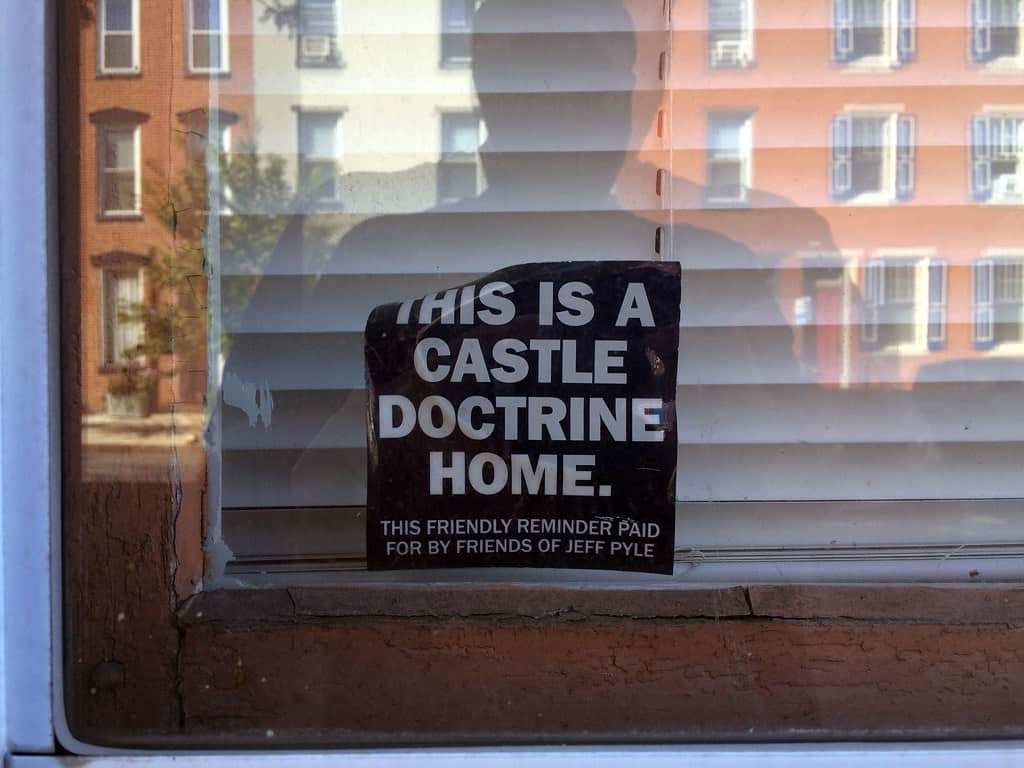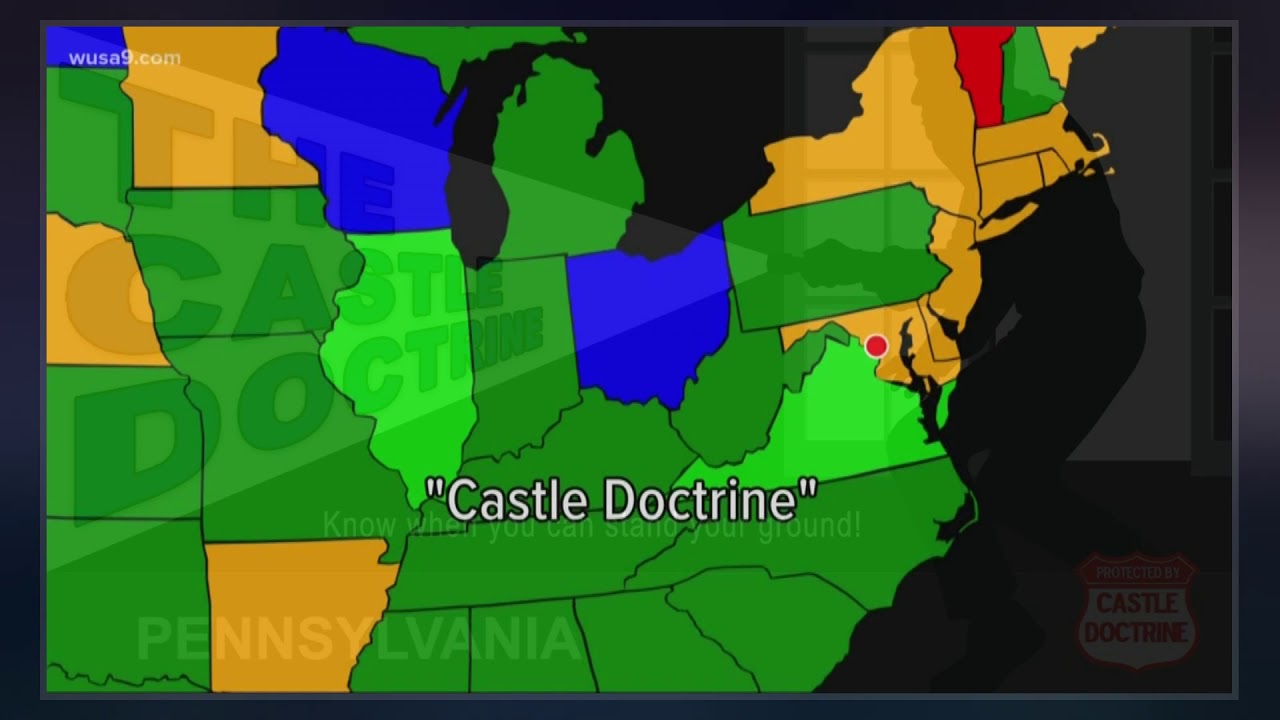Michigan is indeed a Castle Doctrine state. This implies that individuals have the right to use deadly force in self-defense within their homes, without a duty to retreat. Let’s delve deeper into the specifics of the Castle Doctrine in Michigan:

1. No Duty to Retreat:

- Under Michigan law, individuals are not obligated to retreat or attempt to de-escalate a situation before resorting to deadly force in their own home or certain other specified locations like their car or workplace.
2. Reasonable Fear of Imminent Harm:

- The use of deadly force must be justified by a reasonable belief that imminent and serious bodily harm or death is about to occur to the defender or another person present.
3. Presumption of Reasonableness:
- Michigan law presumes that the use of deadly force in one’s home is reasonable, shifting the burden of proof onto the prosecution to demonstrate otherwise.
4. Locations Covered:
- The Castle Doctrine extends beyond one’s home to other locations where an individual has a legal right to be, such as their car, workplace, or a place of business.
5. Limitations and Exceptions:
- The Castle Doctrine does not apply if the person using deadly force was the initial aggressor or if they used excessive force that was not proportionate to the threat.
- Additionally, there are legal exceptions, such as when law enforcement officers or individuals acting in defense of others are involved.
6. Duty to Cooperate with Police:
- Even in Castle Doctrine states, individuals are still required to cooperate with law enforcement investigations and may be subject to arrest and questioning.
It’s important to emphasize that the Castle Doctrine is a legal principle that is subject to interpretation by courts and can vary between jurisdictions. Individuals should always consult with a legal professional if they have questions about the application of the Castle Doctrine in their specific situation.






